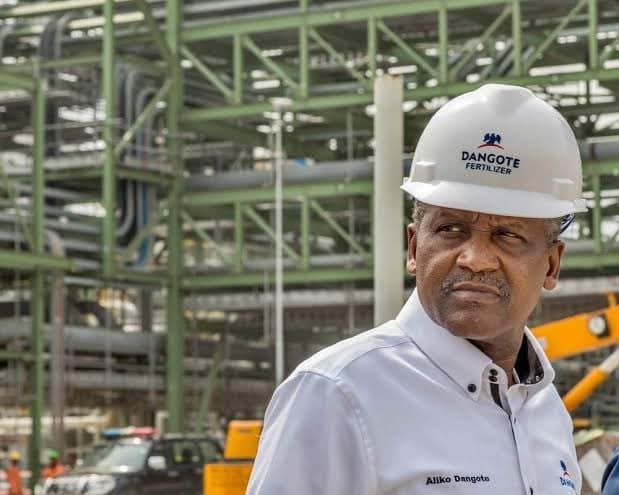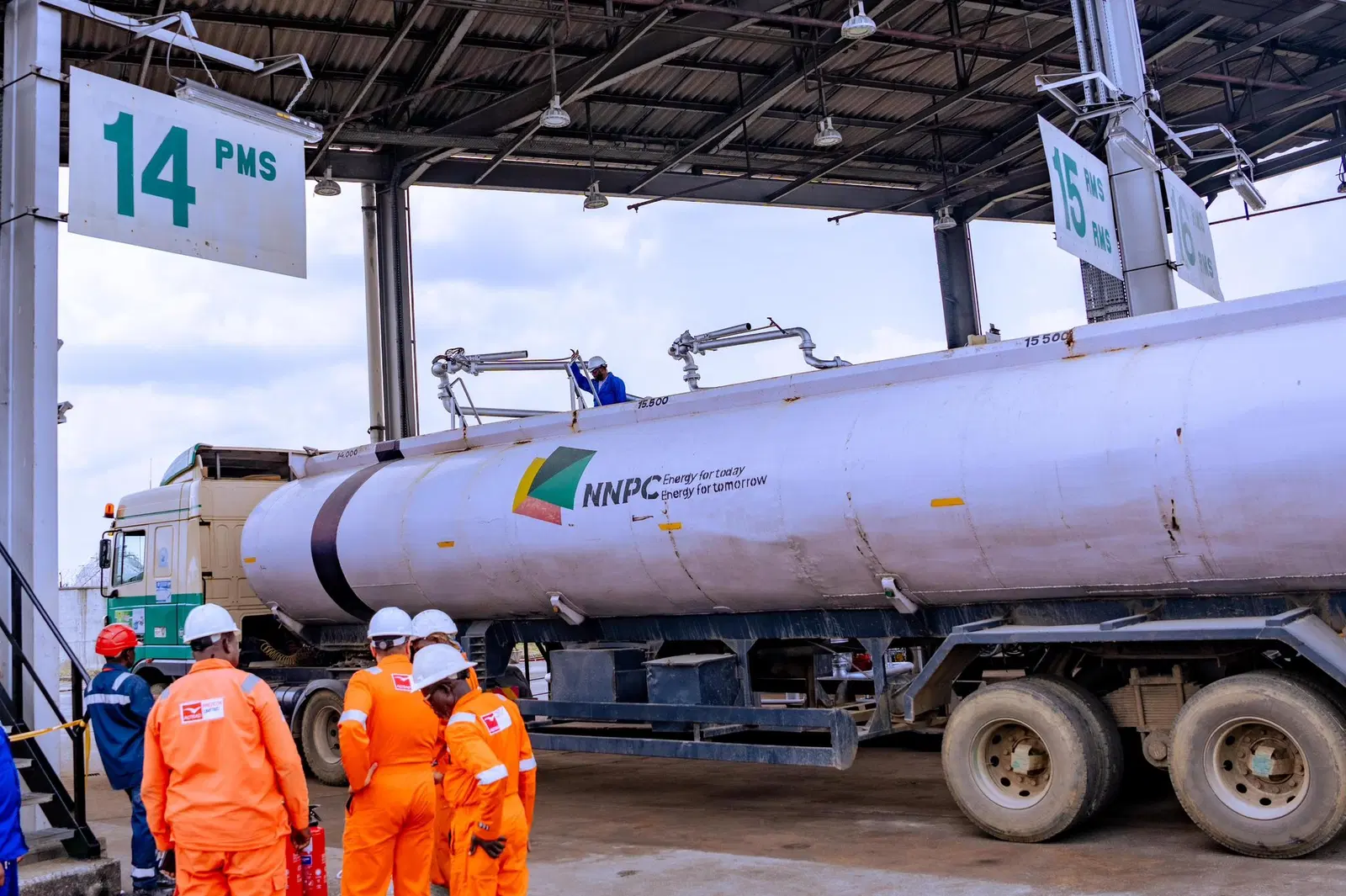NNPCL: Operating Port Harcourt Refinery Before Completion Was a Costly Misstep

…Rules out sale, promises “business-first” approach to refinery rehabilitation
By Business Desk
The Nigerian National Petroleum Company Limited (NNPCL) has admitted that its earlier decision to partially operate the Port Harcourt Refinery before full rehabilitation was completed was ill-informed and commercially unsound.
Group Chief Executive Officer, Bayo Ojulari, made this admission during a company-wide town hall meeting at the NNPC Towers in Abuja, where he assured staff and stakeholders of the company’s renewed commitment to completing high-grade rehabilitation across Nigeria’s three state-owned refineries — Port Harcourt, Warri, and Kaduna.
“The ongoing technical and financial reviews indicate that the earlier decision to operate the Port Harcourt refinery before full rehabilitation was sub-commercial. Our focus now is to ensure proper completion of the rehabilitation, retain the assets, and explore advanced partnerships where necessary,” Ojulari said.
The NNPCL boss also dismissed recent reports suggesting that the Dangote Group was in discussions to acquire the Port Harcourt Refinery.
“Selling is highly unlikely,” he emphasized. “Divesting at this stage would erode further value. These refineries remain strategic national assets and critical to Nigeria’s long-term energy security.”
This clarification comes after Ojulari’s comments at the 2025 OPEC Seminar in Vienna were widely interpreted as hinting at a possible sale.

The Port Harcourt Refinery, with an installed capacity of 210,000 barrels per day, has been at the centre of Nigeria’s refinery rehabilitation efforts. In 2021, the Federal Government awarded a $1.5 billion contract to Italian contractor Maire Tecnimont to carry out a comprehensive upgrade of the facility.
By December 2023, NNPCL announced that rehabilitation was 88% complete, projecting full mechanical completion before the end of that year. In November 2024, limited trucking of products began, raising hopes of a restart.
But by May 2025, the refinery was shut down again for more maintenance, frustrating Nigerians who have waited years for functional local refining.
In total, Nigeria has spent an estimated $18 billion on turnaround maintenance (TAM), rehabilitation, and related interventions across its three refineries over the past decades. A 2023 House of Representatives Ad Hoc Committee report put the figure for refinery rehabilitation alone between 2010 and 2023 at ₦11.3 trillion, excluding additional costs in foreign currencies: $593 million, €4.9 billion, and £3.5 billion.
Aliko Dangote, President of the Dangote Group and builder of Africa’s largest refinery, has repeatedly expressed skepticism about the viability of Nigeria’s state-owned refineries, despite the massive spending. Dangote revealed that his decision to build the 650,000 barrels-per-day Dangote Refinery stemmed from the government’s refusal to sell him the existing facilities.
Former President Olusegun Obasanjo has also criticized the NNPC, describing the refineries as a “drainpipe of public funds.” He recalled that during his tenure, Dangote and others had paid $750 million to acquire the refineries, only for the sale to be reversed by his successor.
“NNPC knew it could not make these refineries work but went ahead with rehabilitation to keep the gravy train running,” Obasanjo said earlier this year. “More than $2 billion has been squandered since then, yet they still don’t work.”
Ojulari told staff that the company’s future strategy focuses on “business-first decision-making” and forging advanced technical partnerships to ensure the long-term viability of its refineries.
He described the town hall as more than just a performance review:
“It was an opportunity for candid conversations about the challenges we’ve faced and how we intend to overcome them. The goal is to reposition NNPCL as a commercially competitive and globally relevant energy company.”
The session also featured updates from the company’s upstream, downstream, gas & power, and new energy divisions, highlighting operational milestones and ongoing reforms.
OPINION & ANALYSIS: What Does This Mean for Nigerians?
While NNPCL’s renewed commitment to complete refinery rehabilitation is commendable, Nigerians are growing increasingly skeptical. For over two decades, billions of dollars have been poured into turnaround maintenance with almost no results.
The question remains: Can NNPCL deliver this time?
If successful, the full rehabilitation of the Port Harcourt Refinery could reduce Nigeria’s dependence on imported petrol, potentially stabilizing pump prices and improving foreign exchange reserves. But if the past is any guide, delays, mismanagement, and political interference could continue to derail progress.
Experts argue that Nigeria must adopt a commercial model, where refineries are run like proper businesses with private-sector expertise, rather than as political assets. This may explain why many are calling for public-private partnerships or even partial privatization, despite NNPCL’s insistence on full government ownership.
For everyday Nigerians, the stakes are high. Until local refineries work efficiently, the country will remain vulnerable to global oil price shocks and currency volatility—and consumers will keep feeling the pinch at filling stations.